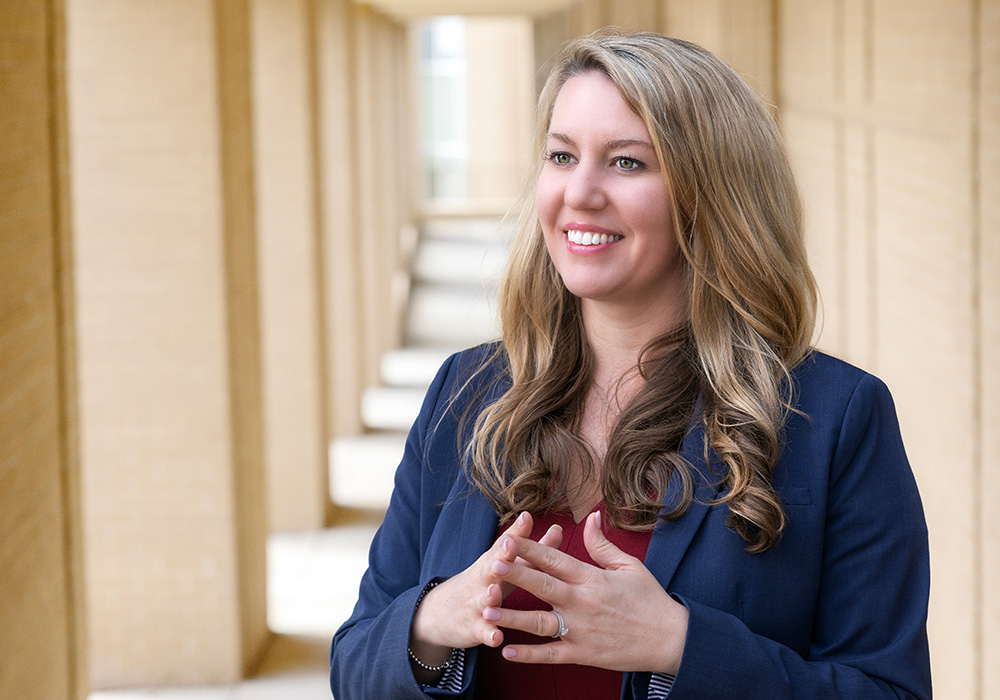Growing up in a poor area of North Georgia, Melissa Nolan saw the negative effects infectious disease could have on a community – and after working in Latin America, she saw how infectious disease interventions could mitigate these kinds of effects. At USC, the assistant professor of epidemiology and biostatistics is combining her domestic and foreign research interests for maximum impact.
Applications abroad. Nolan’s research has led to tangible ways to mitigate vector-borne disease transmission. One example of this is her work on Chagas’ disease, which can cause heart failure. Nolan has discovered that U.S. insect species have naturally occurring mites that lower their ability to reproduce, a finding that could serve as a novel vector control tool in Central and South American countries.
Slowing the spread. Her Aedes mosquito modelling NIH RO1 project identified an approach to predict mosquito abundance that allows for a timely and cost-effective interventions to mitigate the spread of Zika and dengue in the Southeastern U.S. She is currently working to apply and tailor this mosquito prediction to marginalized communities in the Brazilian Amazon. She hopes to reduce the incidence of dengue, Zika and other emerging mosquito-borne diseases.
Monitoring mosquitos. Working with other researchers, she developed the Aedes app, which allows vector control technicians to rapidly count the number of Aedes mosquitos in a trap. The analysis tool can accurately detect a single mosquito species in a trap with other look-alike insects. In areas where vector control agencies have limited staff, this frees up considerable time and allows technicians to monitor larger areas.
Leadership snapshot. Nolan has received more than $13 million in extramural funding and is becoming an internationally known expert on infectious disease epidemiology, particularly those that disproportionately affect the poor. Her expertise earned her a top spot on USC’s COVID-19 response team, where she helped design evidence-based mitigation strategies to monitor the spread of the virus across campus and in Columbia. Starting in December 2022, Nolan was appointed to the National Academies’ Forum of Microbial Threats — one of the preeminent national forums that generates independent and authoritative discourse on prevention, detection, surveillance and responses to emerging and reemerging infectious diseases.
“I am passionate about performing patient-focused infectious health disparities research that can be applied in both my local state and parallel international communities.”

